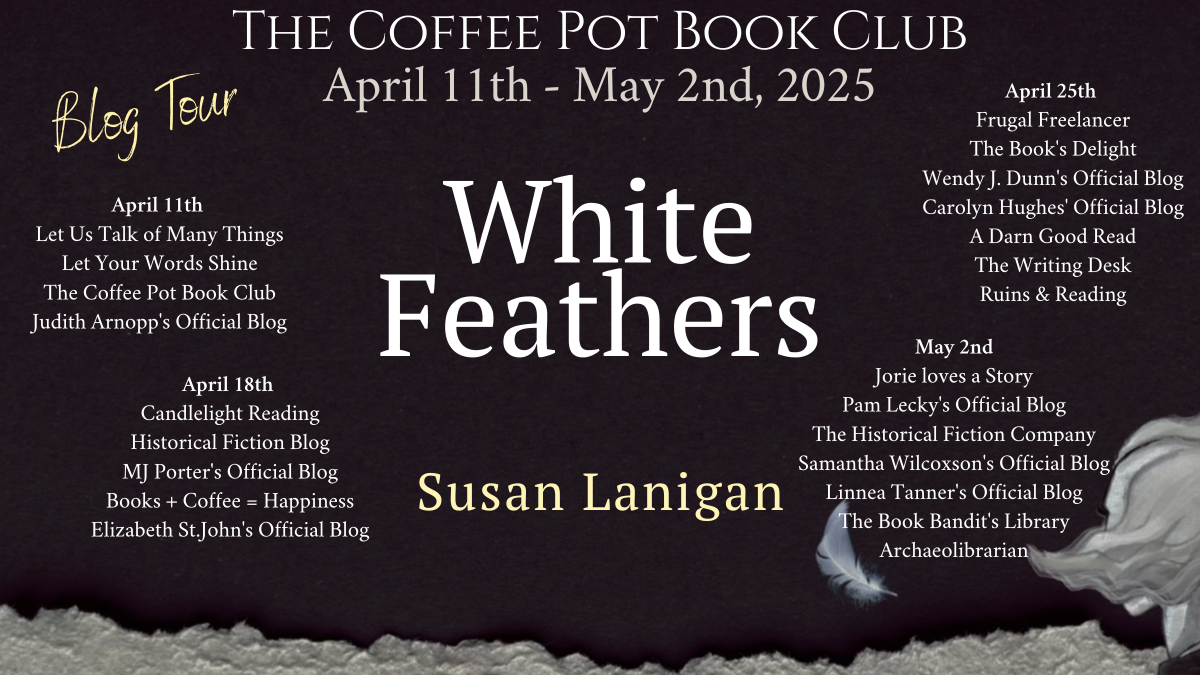
03 May Susan Lanigan White Feathers #HistoricalFiction #IrishHistoricalFiction #saga #BlogTour #TheCoffeePotBookClub @cathiedunn
FEATURED AUTHOR: SUSAN LANIGAN
I‘m delighted to welcome Susan Lanigan as the featured author in The Coffee Pot Book Club Blog Tour being held between April 11th – May 2nd, 2025. Susan Lanigan is the author of the Historical Fiction, White Feathers (White Feathers Book 1), published by Idée Fixe Press on March 21, 2025 (398 pages).
Below are highlights of White Feathers, Susan Lanigan’s ’s author bio, and a guest post about her research process for the book.
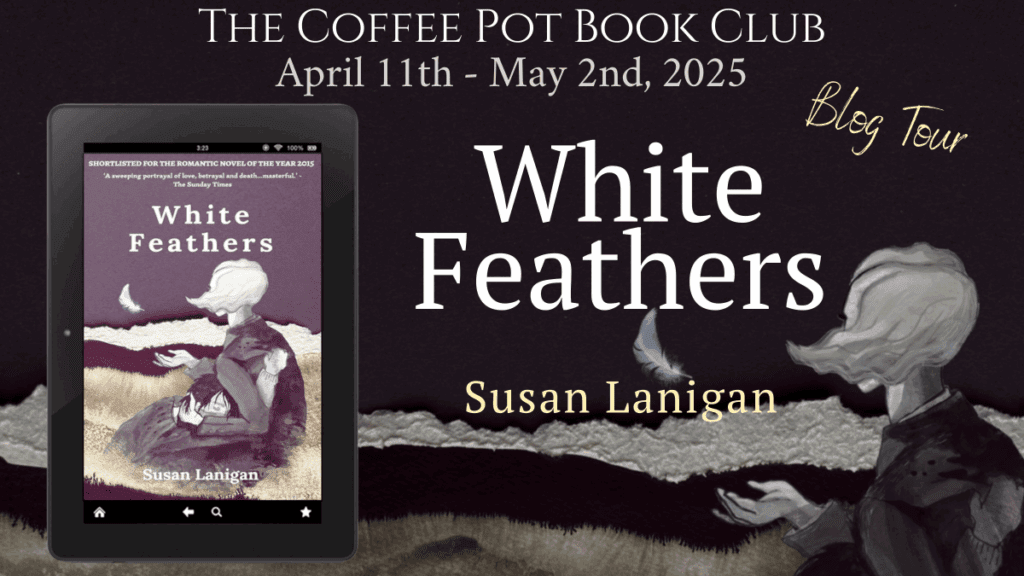
Tour Schedule Page: https://thecoffeepotbookclub.blogspot.com/2025/04/blog-tour-white-feathers-by-susan-lanigan.html
HIGHLIGHTS: WHITE FEATHERS
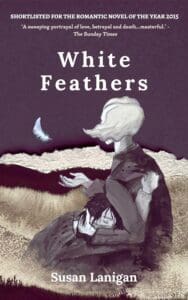
White Feathers
(White Feathers Book 1)
by Susan Lanigan
Blurb:
“Anti-war and anti-patriarchy without ever saying so – a bravura performance of effortless elegance” – Irish Echo in Australia
SHORTLISTED FOR THE ROMANTIC NOVEL OF THE YEAR AWARD 2015
In 1913, Irish emigrée Eva Downey receives a bequest from an elderly suffragette to attend a finishing school. There she finds friendship and, eventually, love. But when war looms and he refuses to enlist, Eva is under family and social pressure to give the man she loves a white feather of cowardice. The decision she eventually makes will have lasting consequences for her and everyone around her.
Journey with Eva as she battles through a hostile social order and endeavours to resist it at every turn.
Triggers: Abortion (non-graphic), Death
Buy Link:
Universal Buy Link: https://books2read.com/u/4APnB0
AUTHOR BIO: SUSAN LANIGAN
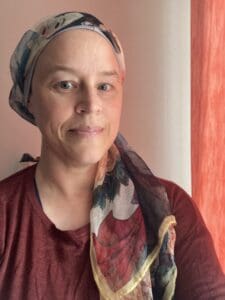
Susan Lanigan’s first novel White Feathers, a tale of passion, betrayal and war, was selected as one of the final ten in the Irish Writers Centre Novel Fair 2013, and published in 2014 by Brandon Books. The book won critical acclaim and was shortlisted for the UK Romantic Novel of the Year Award in 2015. This edition is a reissue with a new cover and foreword.
Her second novel, Lucia’s War, also concerning WWI as well as race, music and motherhood, was published in June 2020 and has been named as the Coffee Pot Book Club Honourable Mention in the Modern Historical Book of the Year Award.
Susan lives by the sea near Cork, Ireland, with her family.
Author Links:
Website Facebook Instagram Threads Bluesky
Book Bub Amazon Author Page Goodreads
GUEST POST BY SUSAN LANIGAN: RESEARCH PROCESS
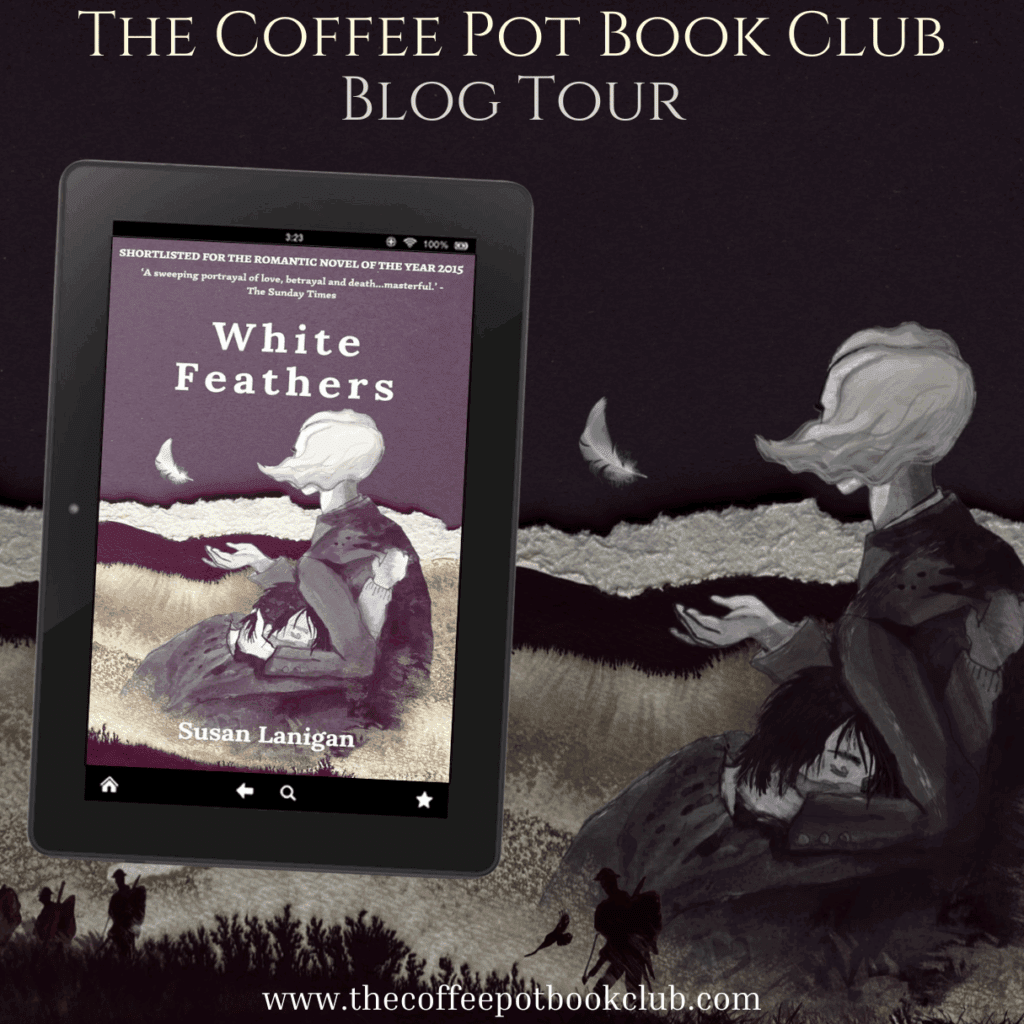
When I was writing White Feathers, I never lost sight of two facts: that people in the past are different from us, and also that they are very similar. Behind all the technological changes, we have the same urges, the same emotions and perceptions, and (as current events have shown) the same tendency to idiocy at a state level. If there is anything these turbulent times have shown us, it’s that we’re not as smart as we think we are, and that a small cohort of stupid people can drag the whole world into chaos.
A bit like how they did on 4th August, 1914.
In White Feathers, Eva and Christopher are pushed into this vortex of stupidity. I had to be sure that I conveyed the oppressive sense of institutional hysteria adequately. I was aided in this effort by a weekend in London, where I stayed at the (overpriced) Travelodge near Waterloo station and spent my days in the Imperial War Museum reading artefacts such as a letter to a railway porter from the Scoutmistress of Bath Girl Scouts sarcastically offering him the position of “washer-up” since he “was not man enough to join the Army.” I read an article in The Guardian by Francis Beckett about how his grandfather, turned down by the military on account of his eyesight, had been given a white feather. He enlisted, and was killed in battle shortly afterwards. According to Beckett, it destroyed his mother’s life, and she never forgave the woman who shamed her father.
Research is not just about what happened, what people did. It’s about how people felt. Kipling’s rage at the loss of his son at Loos, Vera Brittain’s desolation at the cruel death of her fiancé, Roland. The terror so many gay and lesbian people must have felt at Pemberton Billings’s ravings and his Black Book. The horror of being a serving soldier and having to open fire on one of your own comrades. The resentment West Indian soldiers must have felt when they realised they could never become officers or treated with the same dignity as their white counterparts. The anti-Irish prejudice. The humour. The little expressions. Navigating a byzantine class system. All these things. In Parade’s End there is an entire section where a general rants about a shortage of fire extinguishers. This very obviously came from Ford Madox Ford’s real experience of being in battle and the general numptyism that accompanied it. That’s the feeling I want to convey, of being right in the middle of it.
There are occasional blips. When I visited London I realised that for Sybil to have made her trip up Gower Street, she would have been going the wrong way on a one-way street. I tried to figure out if it was a one-way street back in 1915, but I got no data. I did get the temperature for that day, which was fifteen to sixteen degrees Celsius. Unusual for November, though probably not so unusual now, sadly.
 Twitter: @cathiedunn
Twitter: @cathiedunn
Instagram & Threads: @thecoffeepotbookclub
Bluesky: @cathiedunn.bsky.social


robertawrites235681907
Posted at 02:03h, 04 MayThe rules were very strict about going to war in those days. No conscientious objectors.
Linnea Tanner
Posted at 11:15h, 15 MayHi Robbie-Thank you for visiting and commenting on Susan Lanigan “White Feathers.” With you knowledge of WWII, it is worth noting the restrictions on conscientious objectors.
robertawrites235681907
Posted at 04:24h, 16 MayThank you, Linnea